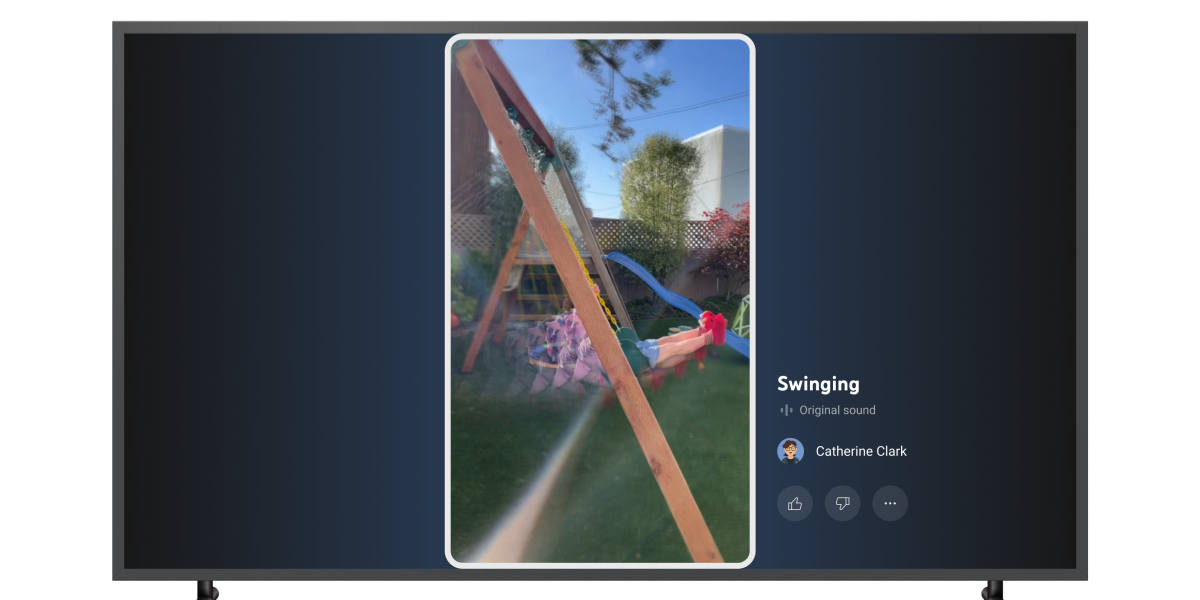
YouTube’s announcement follows TikTok’s own move into developing a TV app. First launched in February 2021 in France, Germany, and the UK and expanded into the United States and elsewhere in November that year, TikTok’s smart TV app hasn’t largely altered how the main app works. (Nor, arguably, has it become an irreplaceable part of people’s living room habits.)
However, the shift to fold Shorts into the YouTube experience on TV suggests how important YouTube feels the short-form model is to its future. “It’s very clearly a battle for attention across devices,” says Andrew A. Rosen, founder and principal at media analyst Parqor. “The arrival of Shorts and TikTok on connected TVs makes the competitive landscape that much more complex.” Having ceded a head start to TikTok, YouTube now seems determined to play catchup.
The team behind the initiative still isn’t fully certain how adding short-form video into the YouTube on TV experience will be embraced. “It still remains to be seen how and when people will consume Shorts,” admits Evans—though she tells MIT Tech Review that informal polling and qualitative surveys, plus tests within the Google community, suggest “a very positive impression of Shorts from people who are watching YouTube on TV.” (YouTube declined to share its own data on much time the average user currently spends watching YouTube content on TV but did point to Nielsen data showing that viewers worldwide spent 700 million hours a day on that activity.)
“Will it be a game-changer in the living room? Yes and no,” says Rosen. “Yes in the sense that it will turn 15-second to 60-second clips into competition for every legacy media streaming service, and Netflix is betting billions on content to be consumed on those same TVs. No, because it’s not primed to become a new default of consumption.”
